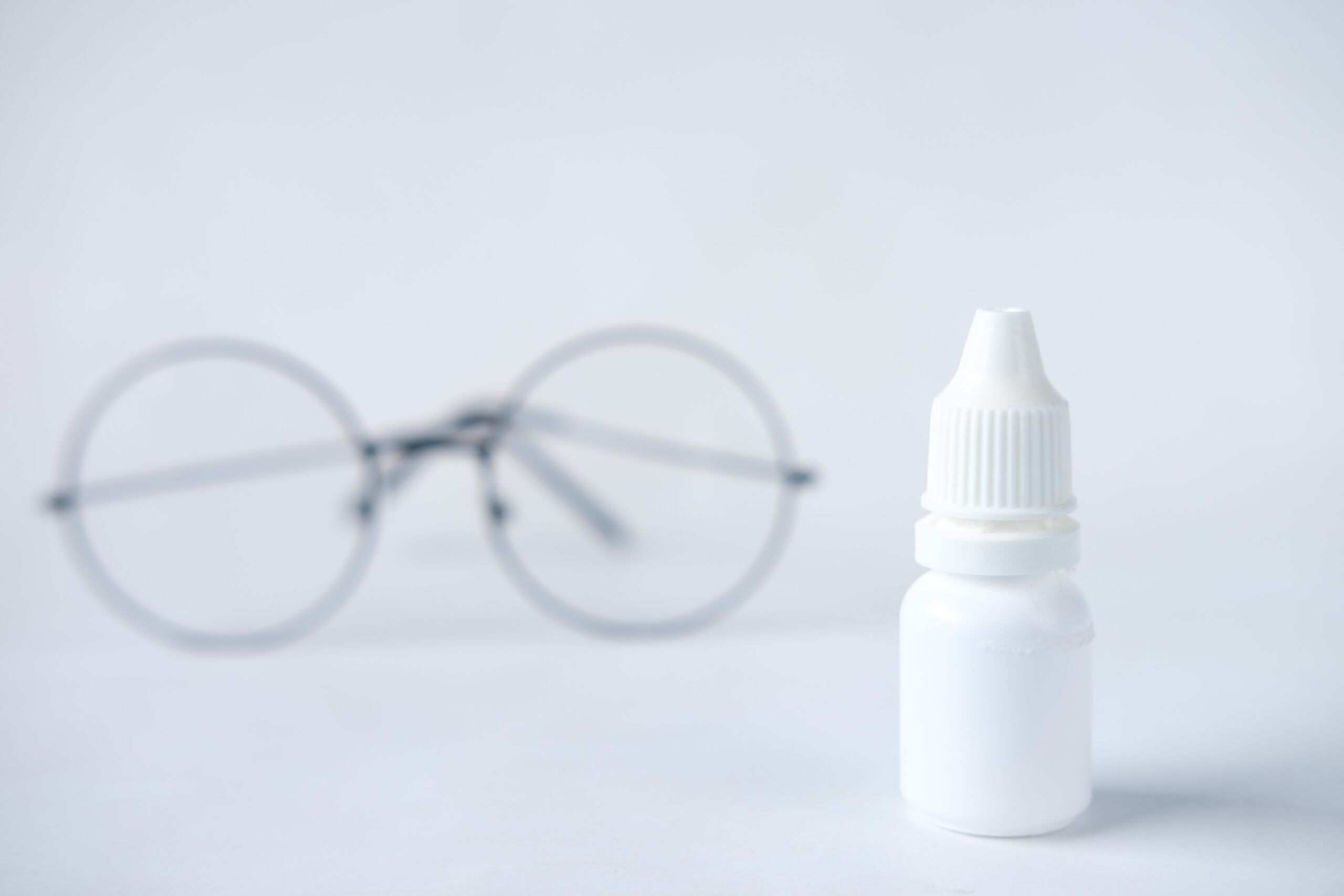One-Third of UK Adults Suffer From Dry Eye Disease: Here’s How to Lower Your Risk

Dry eye disease has been on the rise in the UK, with rates growing at a startling pace. Around one-third of adults have been diagnosed with this condition, doubling the number of diagnoses within a year. This condition entails a person not having enough tears to keep the eyes lubricated and nourished, affecting eye health. What’s also alarming is that many exhibit symptoms of this issue but don’t see it necessary to change their lifestyle to manage it. When left untreated, chronic dry eyes could lead to worse problems like conjunctivitis, ulceration, and—in more extreme cases—vision loss. Fortunately, the risk of dry eye can be lowered; if you suffer from it, it’s easy to find relief. Here’s what you can do to prevent and manage dry eye for better eye health:
Manage your screen time
Digital devices have become increasingly crucial for daily activities. However, too much time spent looking at screens can affect your eyes and cause computer vision syndrome (CVS). CVS is a set of symptoms that arise from looking at devices for too long; people can experience eye fatigue, headaches, and sensitivity to light. Dry eye is one of the most common symptoms of CVS, as people tend to blink less when using a screen, preventing tears from lubricating the eye. To avoid dry eye from CVS, try cutting down your screen time to give your eyes more relief and comfort. If you need to use devices for work or school, a pair of blue light glasses can help filter out blue light from screens and reduce glare for enhanced visual comfort. They come with an anti-reflection filter designed to reflect a portion of the high-energy blue light emitted by screens. You can wear them when using your computer or phone to minimise CVS and prevent dry eye.
Use artificial tears
Dry eye disease is caused by insufficient tears that maintain visual comfort and eye health. If your eyes have trouble producing tears, eye drops can help lubricate your eye to prevent dryness. Lubricants like carmellose sodium—sold under brand names Carmize and Optive—provide relief from dryness and keep your eyes moist. They’re typically available to buy from pharmacies or supermarkets, and some are available on prescription. If you experience dryness even in sleep, you can use thicker lubricants like eye ointments. It’s important to note that the alleviation of dryness is temporary when using artificial tears. They may lubricate the eye but won’t address the root cause of dry eye disease.
Avoid environmental triggers
Your surrounding environment can increase your dry eye disease risk or exacerbate existing symptoms. Windy, cold, dry, or dusty weather and climates make you more prone to dryness. Other triggers include tobacco smoke, smog, and chlorinated pool water. You should also avoid having air vents facing your face so they don’t blow air into your eyes and dry them out. Wearing protective gear can help you guard against the elements and keep your eyes moist. Wraparound sunglasses can be worn when you’re out for more coverage against wind and dust, and you can wear swim goggles when swimming to prevent water from entering your eyes. When indoors, you can use a humidifier and air filter to improve humidity in drier climates or manage air pollution inside.
Adjust your diet
The nutrients you gain from your diet can help alleviate dry eye. Omega-3 fatty acids offer a variety of health benefits, including dry eye relief. Eating fish such as salmon, mackerel, tuna, and sardines can help boost your intake of omega-3 fatty acids, but taking supplements is recommended if you want to see a noticeable change. Foods rich in vitamin A can also help stimulate tear production. Eating more orange fruits and vegetables, dairy products, eggs, and organ meats can boost vitamin A levels. Berries also have significant anti-inflammatory properties that can improve tear production and tear quality. Though it takes many of these nutrients to notice a difference, consuming more nutritious meals for better eyes and overall health doesn’t hurt.
